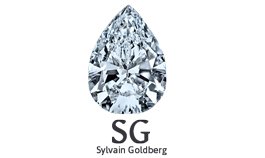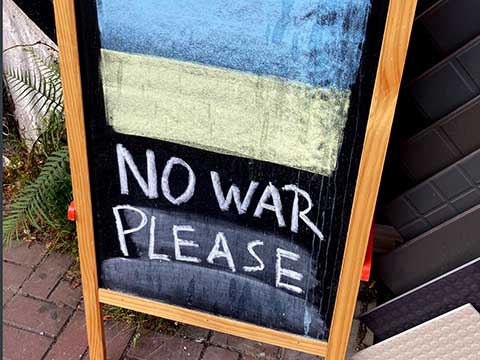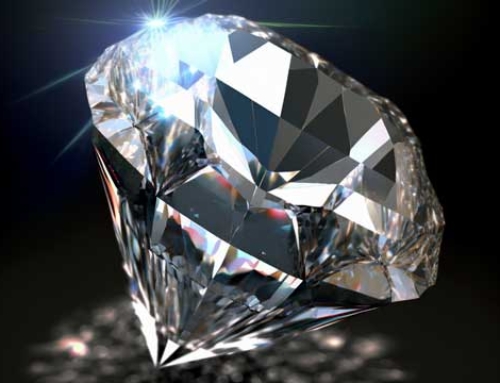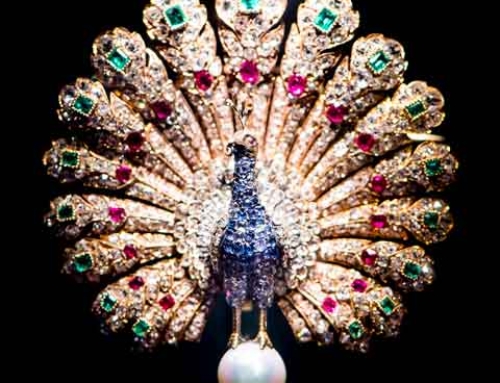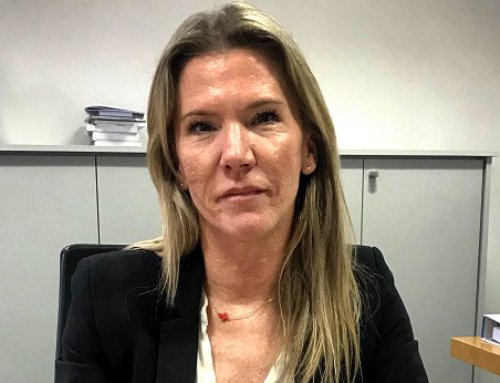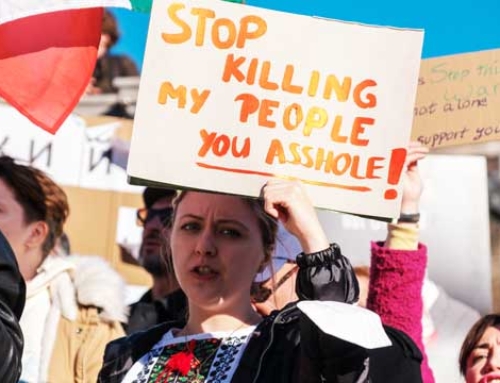Since Russia’s invasion of Ukraine, the international community took numerous measures to dry up funding for Russian military operations. The import of Russian diamonds was hardly affected in Europe. Some Antwerp based customers of the Russian diamond mine Alrosa are in favor of a Russian trade ban, but through the Kimberley Process, a mechanism to prevent the trade in blood diamonds. How realistic is that though?
Many diamond dealers have been customers of Russia’s Alrosa diamond mine for years, but have severe problems of conscience because of the violence in Ukraine. “How on earth is it possible for Russia to bomb innocent people?” they argue. “The Russian army destroys schools and hospitals. The images of refugees having to leave their homes behind stay on many people’s minds.” In addition, Indian diamond dealers believe in Jainism, a religion that forbids all violence. Therefore, some no longer want to remain silent about the Antwerp-Russian diamond trade, “which is co-financing this war.”
“Hypocritical symbol politics”
“Of course it is widely known that the Russian diamond trade is financing this war. Everyone is constantly talking about the Russian diamond mine Alrosa, but in addition there is another Russian diamond company: Gokhran. Unlike Alrosa, which only belongs to the Russian state for 30%, Gokhran is 100% owned by the government. It sells Russian diamonds to local companies which in turn export through foreign buyers. The income from this goes entirely to the Russian state and thus to developing weapons and funding the war.”
On March 27, the British government announced sanctions against Alrosa, but not against Gokhran. “If Alrosa is no longer allowed to export to the UK, it will still be able to do so through this alternative state-owned company. Such embargoes are nothing more than hypocritical symbolic politics that will not benefit any Ukrainian war victim.” A certain group of traders wants this to stop, and in the Antwerp diamond district the calls for intervention through the international Kimberley Process are growing louder.
Against blood diamonds
Kimberley Process was established in 2000 by the United Nations, among others, to counter the financing of armed militias by diamond trade. Particularly in African countries, rebel movements used this trade to buy weapons and overthrow governments. Sector associations, governments and NGOs are all represented in the organization. They help ensure that the rules are applied in countries that export diamonds. If they do not comply, they are no longer allowed to export diamonds. This has been the case for the Central African Republic.
“Unfortunately, this system is not at all watertight,” says Hans Merket of International Peace Information Service IPIS, which is also represented in the Kimberley Process. “Its objective was initially to combat violence by rebel groups against legitimate governments. In practice, however, there are numerous examples where diamonds are used to oppress the population even though – at least officially – there is no issue of blood or conflict diamonds. For example, violence against diamond miners is reported in Tanzania, there has been widespread violence against the population in Zimbabwe’s Marange region, and Congolese are also being bloodily chased back across the border in Angola.”
No precedent
Still, the system provides some check against violence in the sector. But observers expect an exclusion of Russia to be virtually impossible, because this is not a rebel movement, but an entire diamond-producing country. That has never happened before. Moreover, excluding Russia requires a consensus. As long as Russia has allies, there will be no suspension and therefore no Russian trade ban.
Currently, there are even Kimberley workgroups chaired by the Russians. Both the British and American participants still refuse to participate in these meetings. “Unfortunately, this creates the threat that the whole system will be put at risk,” Merket said. Countries invest a lot of money and effort in this system, but if it turns out that Kimberley fails to prevent a bloody war against another state, he fears that other countries will consider dropping out.
International pressure
What both diamond dealers and the Peace Information Service agree on is that more pressure needs to be put on countries like India and Dubai. They are currently eager to take over the trade in Russian diamonds. But if the West refuses to import any more diamonds from these countries, a Russian trade ban may make sense.
